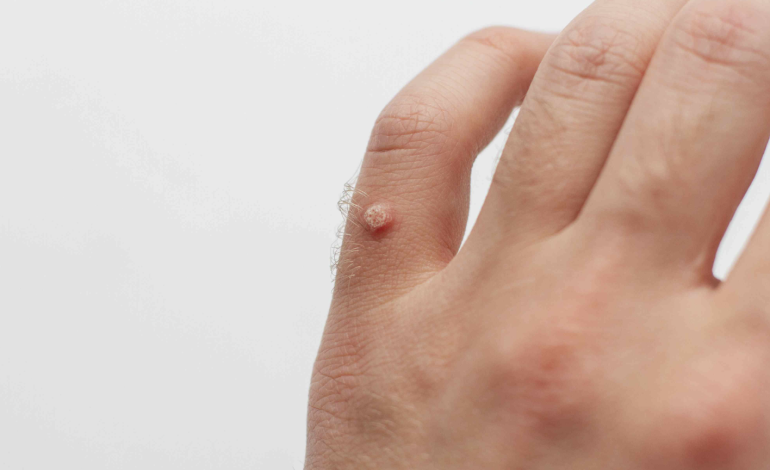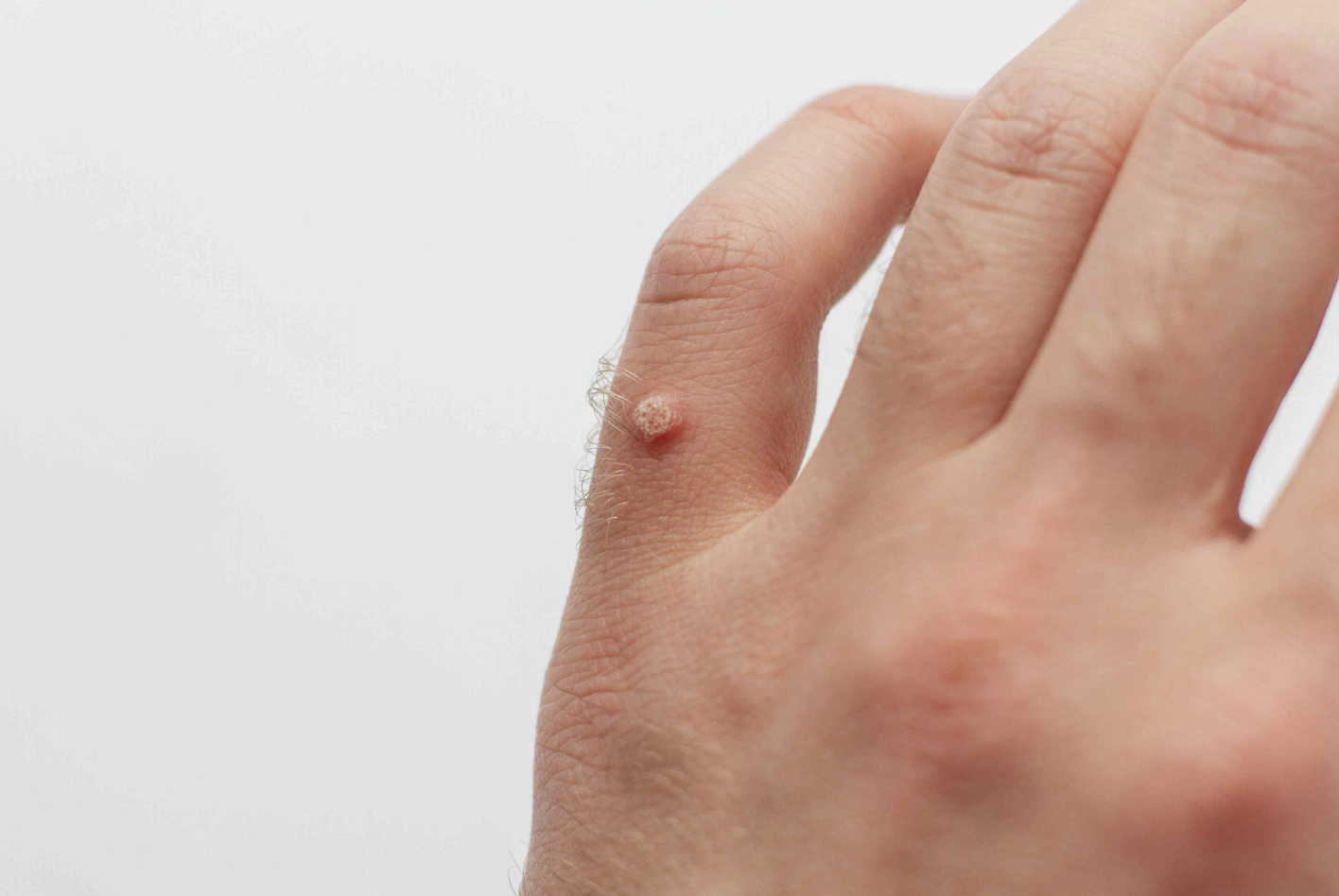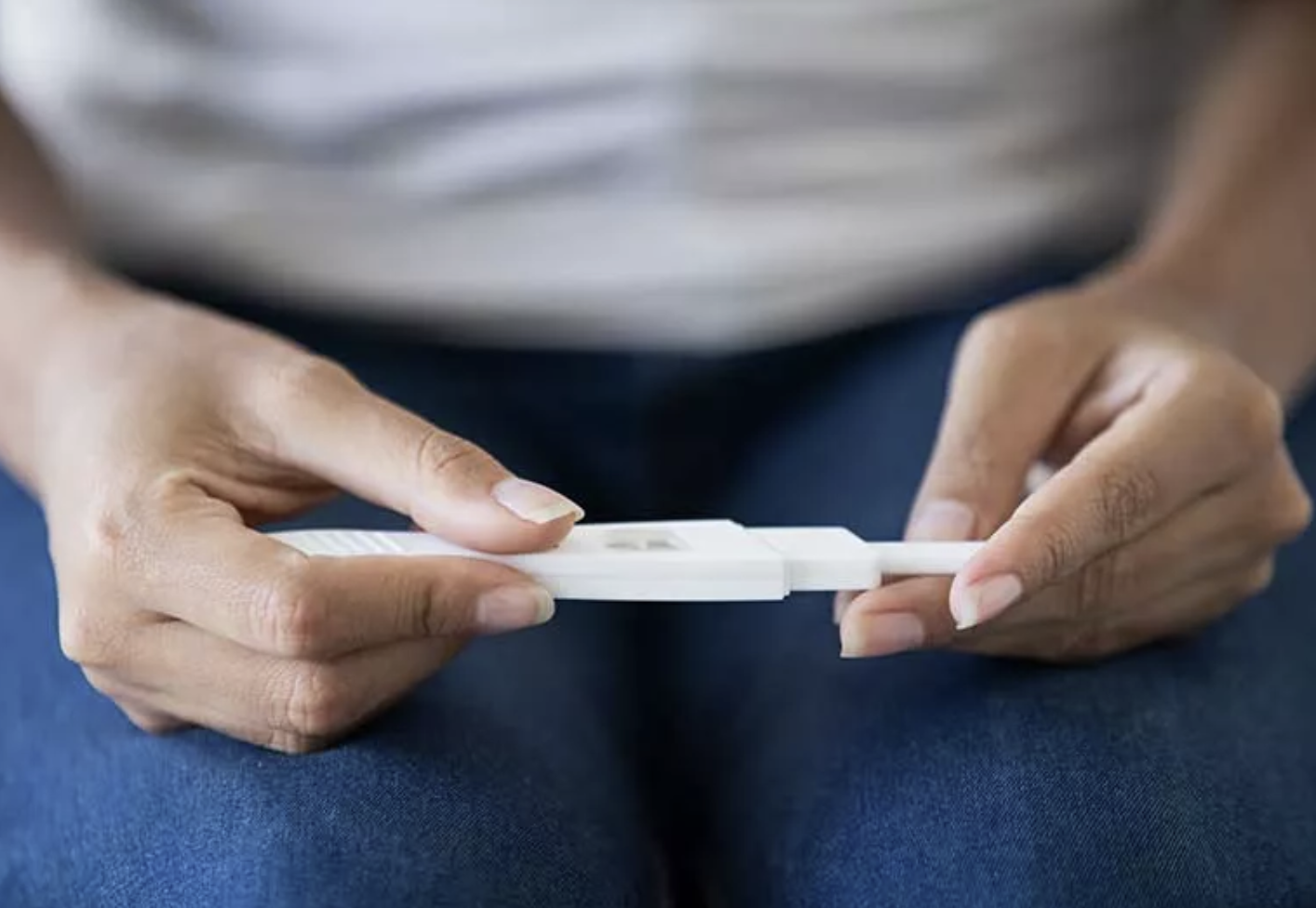
What Does It Really Mean to Be Diagnosed with HPV?

HPV (Human Papillomavirus) is a topic that seems to be everywhere these days, from health provider offices to ads on public transportation. And while the amount of information is great, there’s still a lot of confusion surrounding it. HPV is one of the most common sexually transmitted infections (STIs), and according to the CDC, nearly everyone who is sexually active will get HPV at some point, unless they’ve been vaccinated.
So, if you’ve been diagnosed with HPV, what does that really mean? Here are some of the most common questions people have about it:
Is HPV serious?
HPV can be serious, but not all types are equally risky. There are over 150 strains of HPV, and they’re divided into two categories: “high-risk” and “low-risk.” High-risk strains can increase your risk for various cancers, including those of the cervix, vagina, vulva, penis, anus, and throat. On the other hand, low-risk strains usually don’t lead to cancer but can cause warts. Many low-risk strains don’t cause any symptoms at all. High-risk HPV infections don’t typically show any symptoms, which is why it’s important to get tested regularly.
Will I get cervical cancer if I have HPV?
Not necessarily. Testing positive for a high-risk HPV strain on your cervix doesn’t automatically mean you’ll develop cervical cancer, but it does mean you should monitor it more closely. Most types of cervical cancer take years to develop, from pre-cancerous cells to full-blown cancer. The key to prevention is catching and treating those pre-cancerous cells before they turn into cancer. So, regular follow-up tests, such as Pap smears and HPV tests, will help catch any potential issues early on. It’s important to know that having HPV doesn’t affect your fertility or cause pelvic pain, bleeding, or vaginal discharge.
Should I get tested for HPV? What about my partner(s)?
Routine HPV testing is generally done for people with a cervix, usually through Pap smears. For those at higher risk, like individuals who have receptive anal sex or are HIV-positive, anal Pap smears might also be recommended. If you test positive for HPV, your sexual partner(s) have likely been exposed to it as well. It’s a good idea for them to get tested too. Even though HPV doesn’t cause cervical cancer in people without a cervix, it can still increase the risk for other types of cancer.
Is there treatment for HPV?
Currently, there is no medication to cure high-risk HPV, but the good news is that for most people, the body clears the virus on its own, especially if you’re under 30. Factors like smoking, vaping, and certain conditions like HIV can make it harder for your body to fight off the virus. While living a healthy lifestyle with good nutrition and exercise won’t speed up the process, it can help your overall health.
If you have genital warts caused by low-risk HPV, your healthcare provider may recommend a prescription cream or gel for home use, or there may be in-office treatments or procedures to remove the warts.
Do I need a colposcopy?
If your HPV test or Pap smear results suggest further examination, your healthcare provider may recommend a colposcopy. This procedure involves using a microscope to closely examine the tissues of the cervix to check how HPV is affecting it. It’s similar to a Pap smear in terms of positioning, but your provider might take small tissue samples (biopsies) from the cervix for further testing. While it might cause some cramping, over-the-counter pain relievers can help. Afterward, you may experience some bleeding or discharge, which is normal.
Can I find out how I got HPV?
Unfortunately, it’s hard to pinpoint who exactly passed HPV to you. It’s a very common virus, and because infections can develop slowly, it’s nearly impossible to figure out when or from whom you contracted it unless you’ve had only one sexual partner in your lifetime. You don’t need to worry about whether your current partner has been unfaithful—HPV can be passed by different people at different points in life.
Can I prevent HPV infections?
Yes, you can. The most effective way to prevent HPV is through vaccination. Getting the HPV vaccine before you’re sexually active is the best way to protect yourself, but even if you’ve already been exposed to some strains of HPV, getting vaccinated can protect you from others. The vaccine is recommended for anyone up to age 45 who is at risk for HPV.
While using condoms and dental dams can help lower the risk of contracting HPV, they don’t completely eliminate the chance of infection since the virus can spread through skin-to-skin contact.
Overall, HPV is very common, and cervical cancer doesn’t develop overnight. Most people with HPV will find that their bodies clear it on their own without complications. The key is to stay on top of your screenings and follow-up appointments to prevent any potential health issues.





